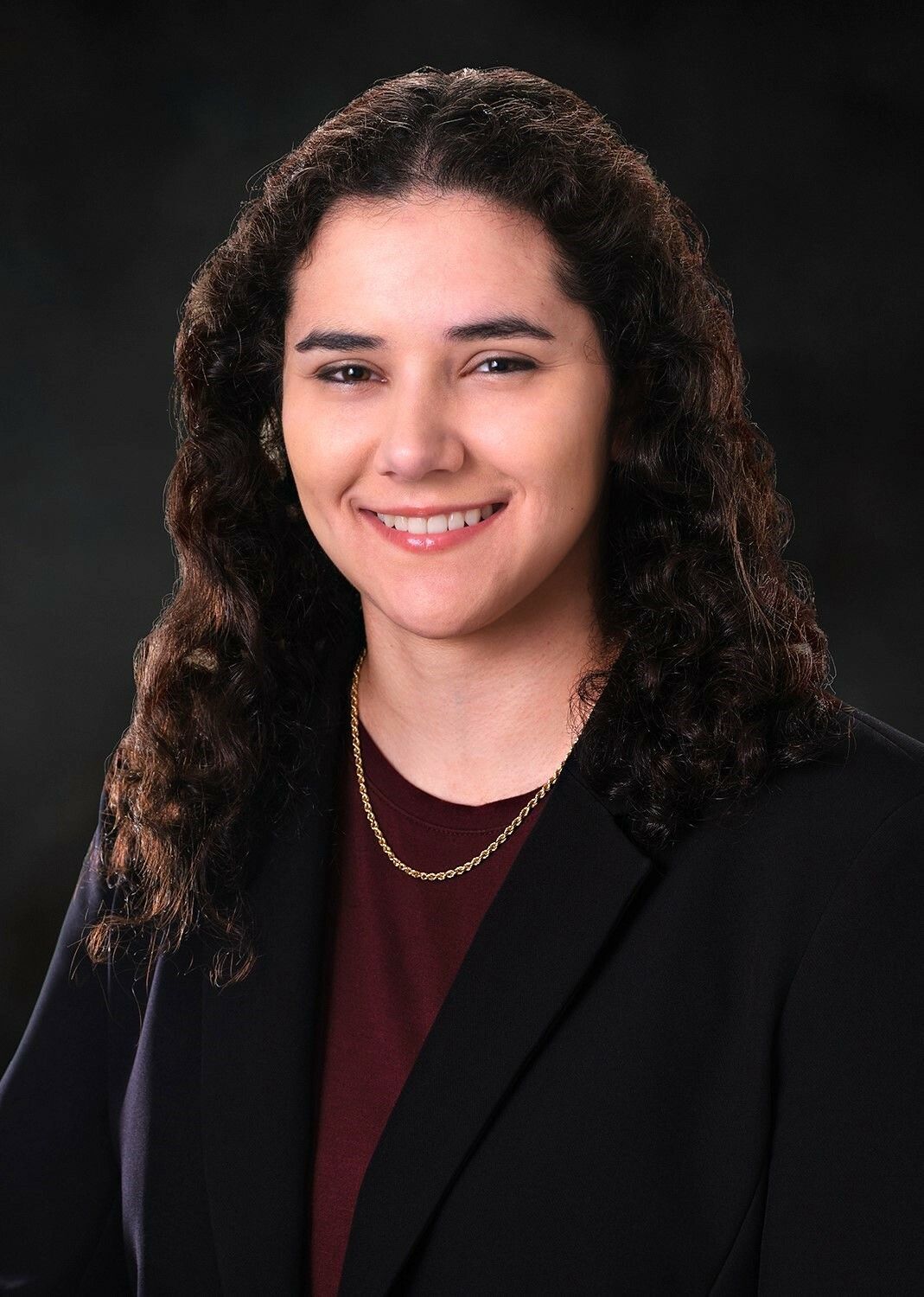Chattanooga must pay woman $71K for attorney fees in public records lawsuit
Chattanooga must pay woman $71K for attorney fees in public records lawsuit
A Tennessee appeals court last week sent a strong message in a public records lawsuit against the city of Chattanooga, ordering the trial court to award the full $71,343 in attorney fees and expenses incurred by the citizen who brought the case.
It was the second time an appeals court overruled the Hamilton County judge in the case.
The first time, the Hamilton County judge had found the city had not "acted in bad faith as a result of its slowness in producing the public records requested" and denied the request of Rebecca Little to pay her attorney fees. But the appeals court disagreed, saying the city of Chattanooga "knew it was obligated to produce and willfully did not." It remanded the case back to the trial court and ordered the judge to determine the amount of attorney's fees to be awarded.
When the judge decided the fee requested was "excessive" and awarded a lower amount of $50,284, Little appealed again. The appeals court on Friday again sided with Little.
Little had filed an open records request on June 30, 2011, seeking records about sewer and other improvements in an area annexed by the city in 1972. Little and her family believed the city had not provided sewer services promised during annexation and had fought with the city over it. Little argued that Tennessee law required reports regarding the progress of services for annexed areas to be published annually. She requested these reports and other records to ascertain the city's progress.
The city did not respond to Little's records request as required by Tennessee public records law, so Little, after reminding the city and reaching out further to get the records, filed a petition on July 26, 2011, as allowed by the Tennessee Public Records Act to gain access.
The city brought boxes of records to the first court hearing on Aug. 4, 2011, where Deputy City Attorney Phil Noblett announced that these were all the records the city had that were responsive to Little's request.
However, a few hours after the hearing, Little received an email from a city staffer saying she needed to know search terms to be able to fill the part of Little's request related to emails - an apparent acknowledgement that the city had not yet finished filling the records request.
The city's public works administrator, Steve Leach, also sent an email to the deputy city attorney after Little had filed her lawsuit asking if there was any way to seek an injunction against her.
The public works administrator wrote in his email: "At some point in my humble opinion this is pure and simple harassment of the staff and again in my opinion goes beyond the purpose and intention of the (open records) legislation.
"I assume her motive is harassment of the staff in order prove that she should be let out of the city."
After a trial in which several city staff were called as witnesses, Hamilton County Chancellor W. Frank Brown noted that the city never refused to disclose the records - they had just not done it by the time the petition was filed.
He noted three reasons for the delay: confusion over Little's requests, the absence of the woman in the city attorney's office charged with handling public records request (she had taken time off to study for the bar exam and missed several days of work in July), and her backup not taking over as anticipated. "The 'ball' was dropped," Brown said.
Though the city did not respond to the request within seven business days as required by statute, Brown denied attorney's fees and other costs, holding that the city did not act in "bad faith."
He also admonished Little and her attorney for using the public records law instead of rules of discovery allowed in litigation, apparently referring to Little family litigation over the annexation, and added "In all honesty, Ms. Little's June 7 public records (requests) were pretty broad and far reaching...."
When the appeals court in 2012 reversed the trial court's ruling, it said the city not only violated the public records act, but did it "willfully" and, because of this, the judge should have awarded attorney's fees.
Tennessee public records law 10-7-505(g) states that "If the court finds that the governmental entity, or agent thereof, refusing to disclose a record, knew that such record was public and willfully refused to disclose it, such court may, in its discretion, assess all reasonable costs involved in obtaining the record, including reasonable attorneys' fees, against the nondisclosing governmental entity."
Appeals Court Judge John McClarty wrote that evidence showed that "the City did not 'fulfill its duty' to timely provide the records to Little because officials felt she was improperly using the Public Records Act provisions to obtain discovery for another lawsuit brought by her father."
The appeals court also noted that "the City improperly represented to the trial court on August 4 (2011) that all the documents had been produced when it knew the search for responsive emails had not even been initiated. Thus...the City knew it was obligated to produce and willfully did not."
With the case back in his court, Chancellor Brown heard arguments, and ruled that the fees and costs requested were excessive. Brown reasoned, among other things, that the work of one of the attorneys, John Anderson of Grant Konvalink & Harrison P.C., was duplicative and reflected a "mentoring" role, even though Anderson had given opening arguments in the trial and examined witnesses.(Her other attorney was Mark Litchford with the same firm.)
The judge also compared the case to one 10 years earlier, Tennessean v. Lebanon, in which $24,000 was awarded in attorney's fees - a comparison the appeals court rejected.
The appeals court opinion, this time delivered by Judge Thomas Frierson, found that Brown based his decision on a "clearly erroneous assessment of the evidence."
"Further, the purpose behind the fee-shifting provision in the Public Records Act is to 'recompense a party who has been required to expend time and money to enforce the public's right to access to public documents' and 'further the purpose of the Act, which is to 'give the fullest possible public access to public records.' ' " Frierson wrote, quoting the 2004Tennessean case the Tennessee Public Records Act itself.
For Rebecca Little, the victory is bittersweet.
"At the end of the day, to me, it's exciting that we finally prevailed," she said. "But it's also depressing because most people don't have $70,000 to get public records. To me it says the city doesn't have a public records policy. To me it says the average citizen doesn't have access to public records."
Follow these links to read the recent appeals court ruling, and the background on the case.
- Written by Deborah Fisher, Executive Director, Tennessee Coalition for Open Government. TCOG is a nonprofit, nonpartisan coalition of media, citizen and good government groups that provides research and education about the state's open government laws. Fisher can be reached at fisher@tcog.info or (615) 602-4080.









